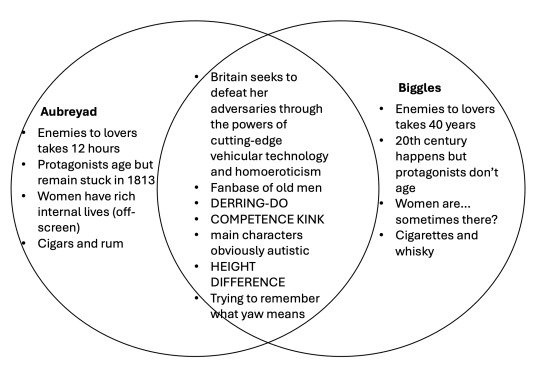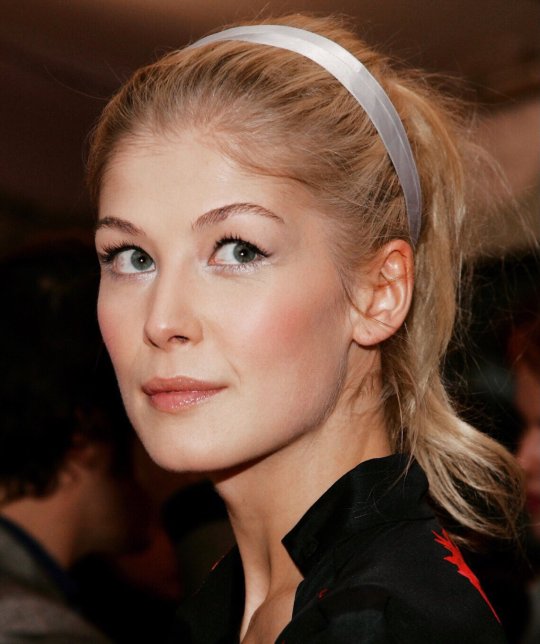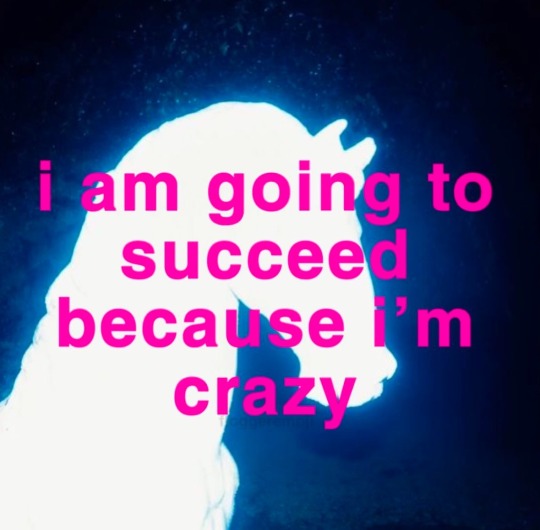stephen maturin living rent-free in my head : maiden oscott truther : she/her
Last active 60 minutes ago
Don't wanna be here? Send us removal request.
Text

approaching from upwind at 4 mph vs approaching from the sun at 400 mph
#hypothesis: the timey-wimey in each series cancels the other out#so the fundamental balance of the universe remains stable#aubreyad#biggles
38 notes
·
View notes
Text

'Let me look to your pistols,' said Jack, as the trees came closer to the road. 'You have no notion of hammering your flints.'
'They are very well,' said Stephen, unwilling to open his holsters (a teratoma in one, a bottled Arabian dormouse in the other). 'Do you apprehend any danger?'
'This is an ugly stretch of road, with all these disbanded soldiers turned loose. They made an attempt upon the mail not far from Aker's Cross. Come, let me have your pistols. I thought as much: what is this?'
'A teratoma,' said Stephen sulkily.
'What is a teratoma?' asked Jack, holding the object in his hand. 'A kind of grenado?'
'It is an inward wen, a tumour we find them, occasionally, in the abdominal cavity. Sometimes they contain long black hair, sometimes a set of teeth: this has both hair and teeth. It belonged to a Mr Elkins of the City, an eminent cheese-monger. I prize it much.'
'By God,' cried Jack, thrusting it back into the holster and wiping his hand vehemently upon the horse, 'I do wish you would leave people's bellies alone. So you have no pistols at all, I collect?'
'If you wish to be so absolute, no, I have not.'
'You will never make old bones, brother,' said Jack.
--Post Captain
321 notes
·
View notes
Text

-Post Captain

-The Surgeon's Mate
70 notes
·
View notes
Text

-Post Captain

-The Surgeon's Mate
#“stephen stopped in his movement towards the desk and stood motionless unnaturally poised”#frozen mid-prowl like the villain in a scooby doo episode#cartoon character#stephen maturin
70 notes
·
View notes
Text
more stories where falling in love is a horrifying fate worse than death rather than a source of comfort and hope. more stories where love is understood as a terminal affliction.
32K notes
·
View notes
Text

Diana in her Tipu's Tiger/The death of Munro dress.
443 notes
·
View notes
Text
his swagless mental breakdowns this, his homoerotic patterns of grief that. what about HER grief-stricken moments of extremely poor decisionmaking? what about HER incredibly alarming isolation and trauma-driven life choices?!?!?!
24K notes
·
View notes
Text
there's been some really fantastic posts lately in the aubreyad tag about stephen maturin and his political place in the world, how he for all love speaks and thinks as progressively as he does but does nothing to really challenge the way his profession and position benefit him (and british imperialism as a whole). i've been really fascinated by these writings and i wanted to add my own narrative cents to them!
i was reading dean king's aubreyad companion book "a sea of words" (i have the 3rd edition) recently, and a couple of passages about naval medicine really stuck out to me with how stephen's status as a doctor in the 18th century is really a sort of stunning situational metaphor for his place in the narrative as a whole. i think possibly a facet of analysing stephen's character that i had been missing lies nearly perfectly in his experience with 18th century medicine, and tells us much that we need to know about his motivations as a character!!
the quotes which i cite here are all from section 2 of the book, "Stephen Maturin and Naval Medicine in the Age of Sail" by J. Worth Estes, starting on page 31 and continuing thereon. there's a lot, so stick with me!!
"Maturin and his contemporaries relied largely on bitter remedies, some introduced as many as 2,500 years earlier. In fact, almost all medicines prescriped during the last years of the Enlightenment were ineffective by modern criteria. [...] The pathophysiologic theories on which Dr. Maturin and other physicians trained in the 18th century were unlike our own ideas of specific diseases with specific causes and specific treatments. Several levels of factors were said to cause disease. [...] One or more of these three factors -- predisposing causes, antecedent causes, disturbances in the six non-naturals -- was assumed to bring about a patient's "immediate causes" of illness, the disturbances in body function that produced the symptoms on which a physician based his diagnosis. Disesases were not then diagnosed or classified according to their etiologies, as they were today; instead the patient's symptoms were the doctor's diagnosis."
the chapter then goes on to discuss many specific medicines and remedies 18th century doctors would use, all of which were not so much meant to treat the disease itself but to mitigate or counteract the symptoms only. discussion of the four humors is abound.
"Maturin's remedies were not designed to counteract well-defined disease processes, as modern drugs do. Instead he and his contemporaries used drugs to adjust or fine-tune a patient's internal equilibria, his physiological balances, regardless of what might have disrupted them in the first place. The occurence of catharsis, vomiting, sweating, or blisters after the administration of a corresponding drug simply confirmed that the remedy had indeed altered the humors, tones, and acid-base balance of the body in the intended way. However, few of these treatments could have provided truly effective cures."
it's within these words that i think lies a core facet upon which stephen maturin builds his worldview - the overwhelming idea of treating symptoms but not diseases. i've found myself wondering before why stephen isn't more headstrong about his opinions on authority, inequality, discrimination, corporal punishment and such, and i think this explains it for me. stephen in his own mind opposes what he sees wrong in the world, and as he would view his complacence or agreement as a "symptom" of those evils, for him, merely ideologically opposing it is enough.
later in this chapter there are a couple mentions of physicians having close ties with naturalists in believing nature may run its course, and that a prevailing position among medical doctors of the time was that they didn't treat anything but merely helped nature itself treat their patients. and i think that says plenty too! stephen does not comply with the systems he disagrees with, but he makes no effort to live outside of them either. he will happily sail with the british navy for the relative safety and boundless opportunities it offers him, so long as internally, he reminds himself he disagrees with much of the principles at hand. in post-captain, when he sees the violence which enforces the hierarchy in which dil lives, he makes no move to counter it, but merely tries to "alleviate the symptoms" (as it were) where he can.
it's clear from stephen's established backstory that he might have once believed differently, and pushed a little harder to right the wrongs he sees in the world, but i think it's possible that his failure in those previous attempts might have landed on his psyche as the course of nature, and have dissuaded him from trying to do much more than work within the systems he already has in the future.
i'm really interested to hear if anyone more well-read than i (or further in the series, haha!) has thoughts on this!!!! reading about the philosophical ideas that accompanied 18th century medicine was such an eye-opening event for me that helped me understand stephen's character and motivations so much more, so i'm curious if this has more weight to it.
(also, disclaimer: i typed the text from the book by hand as i read it from the physical copy, so please forgive any typos or oddities!)
#“stephen the character is almost more aware of his marginalization than we the readers are meant to be aware of it”#is sooo right#either POB is really inconsistent about how marginalised stephen is#or we're meant to understand that stephen has a wildly unrealistic sense of his own position#he's penniless!#(but has also had a castle and a small fortune all along)#he's alone in the world!#(but also has a large collection of loving relatives)#he's “admitted to society only on sufferance”!#(also on friendly terms with William IV)#and he's entirely comfortable in his positions of privilege#while continuing to see himself as the consummate outsider
87 notes
·
View notes
Text

STEPHEN. "uhhh sorry y'all i have to go. important business lots of things to do and important people to see." and it's an aardvark he wants to draw a picture of
263 notes
·
View notes
Text
I cannot relate to people who dislike female characters for “being manipulative.” She’s literally creative problem solving before your eyes. She’s literally just using her words. Maybe the other blorbos should be less pawn-like for her beautiful hands hmm
43K notes
·
View notes
Text


Rosamund Pike attends the gala premiere of "Pride & Prejudice" at Roy Thomson Hall during the Toronto International Film Festival on September 11, 2005 in Toronto, Ontario.
3K notes
·
View notes
Text
158 notes
·
View notes
Text
at your wifes house rn😏 she hitting me with a broom
115K notes
·
View notes
Text
Golder retriever boyfriend this black cat girlfriend that. What about neurotic horse significant other
11K notes
·
View notes

